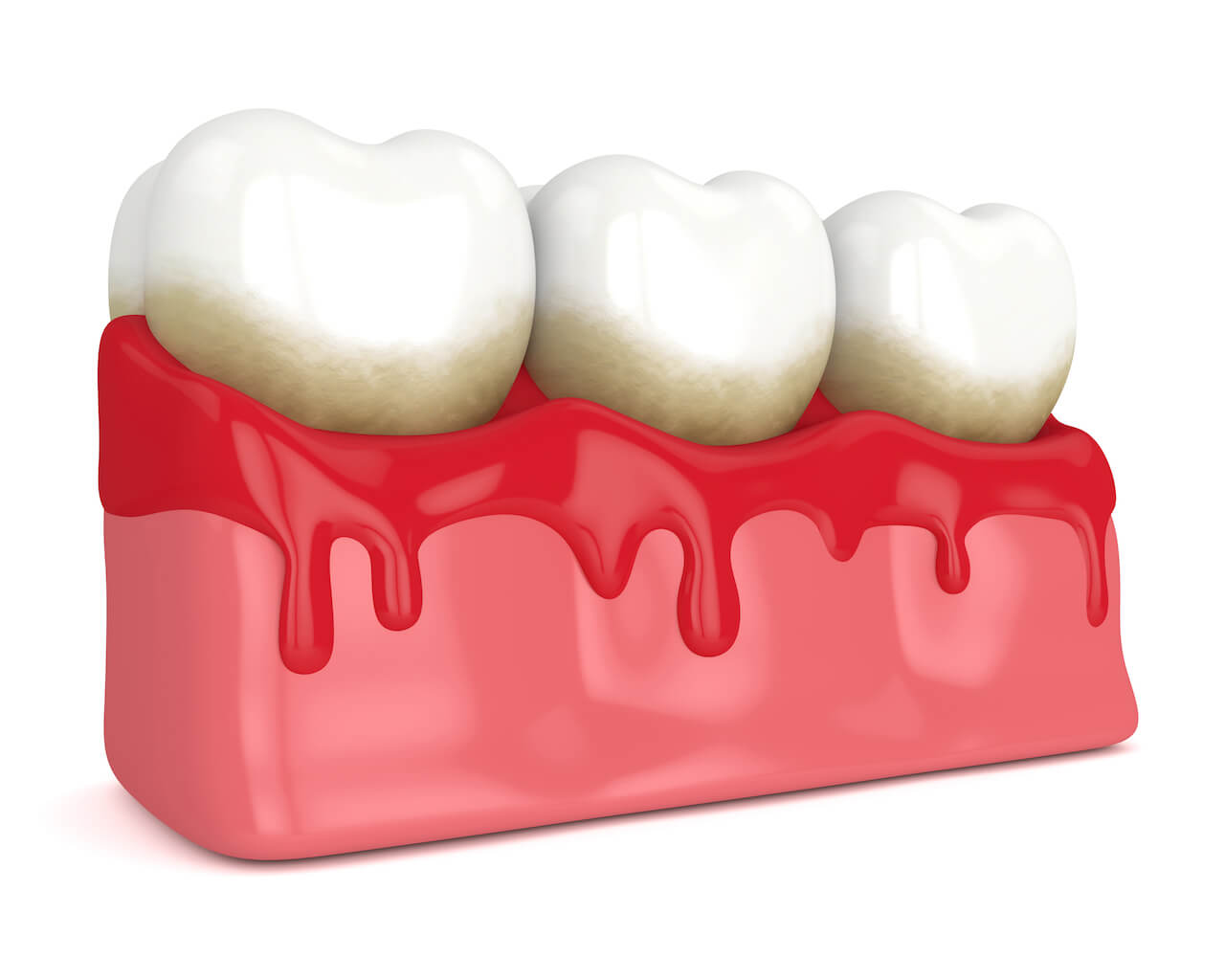When Should you Call an Emergency Dentist?

Dental emergencies can be distressing and painful, leaving us uncertain how to handle the situation.
Knowing when to seek help from an emergency dentist is crucial for timely intervention and preserving oral health.
This article will explore common dental emergencies and provide insights into recognizing the signs that warrant calling an emergency dentist.
How Do I Know If I Need Emergency Dental Work?
Determining if you need emergency dental work depends on the severity of your dental issue. Some situations are more urgent and require immediate attention, while others can wait for regular business hours.
Here are some common signs that may indicate the need for emergency dental care:
Unexplained or Severe Toothaches
A sudden and severe toothache that doesn't subside with over-the-counter pain relievers might indicate an underlying dental problem.
Such intense pain could be a sign of tooth decay, a dental abscess, or a cracked tooth, requiring immediate attention from an emergency dentist.
Bleeding Gums
While mild gum bleeding during flossing or brushing may be common, excessive or persistent gum bleeding could indicate gum disease or other serious issues.
If your gums are bleeding profusely and the bleeding does not stop, it's time to call an emergency dentist.

Swollen Mouth or Jaw
Facial swelling, particularly around the mouth or jaw area, could indicate infection or an abscessed tooth.
Swelling accompanied by severe pain or difficulty opening your mouth necessitates an emergency dental visit.
Metal Taste in Your Mouth
Experiencing a metallic taste in your mouth, especially after an injury or trauma to the face or teeth, could indicate a dental emergency.
This could signify a fractured tooth or dental restoration; immediate attention is essential to prevent further damage.
When Does Dental Pain Become an Emergency?
Dental pain becomes an emergency when it severely impacts your daily life and hinders your ability to carry out regular activities.
If you cannot eat, sleep, or concentrate due to excruciating tooth pain, it is essential to consider it a dental emergency.
Moreover, persistent and severe toothaches that persist for over a day or two should not be ignored.
Ignoring such pain can lead to further complications and worsen the underlying dental issue.
Seeking immediate attention from an emergency Tempe dentist can provide much-needed relief, prevent the problem from escalating, and ensure appropriate treatment.
How Do I Know If My Tooth Is Severely Infected?
A severely infected tooth often exhibits a combination of symptoms that should not be ignored. Intense tooth pain, especially when biting or applying pressure, is a common sign of an infected tooth.
Additionally, you may experience heightened sensitivity to hot or cold temperatures in the affected tooth.
Facial swelling, particularly around the affected tooth or the surrounding jaw area, could indicate that the infection has spread beyond the tooth's root.
Conclusion
Recognizing the signs of a dental emergency and understanding when to seek help from an emergency dentist is vital for preserving oral health and preventing serious complications.
Dental pain that severely impacts your daily life or is accompanied by symptoms such as facial swelling, sensitivity, or systemic issues should not be taken lightly.
Seeking immediate dental care can relieve pain and discomfort, ensure appropriate treatment, and protect your smile for years.